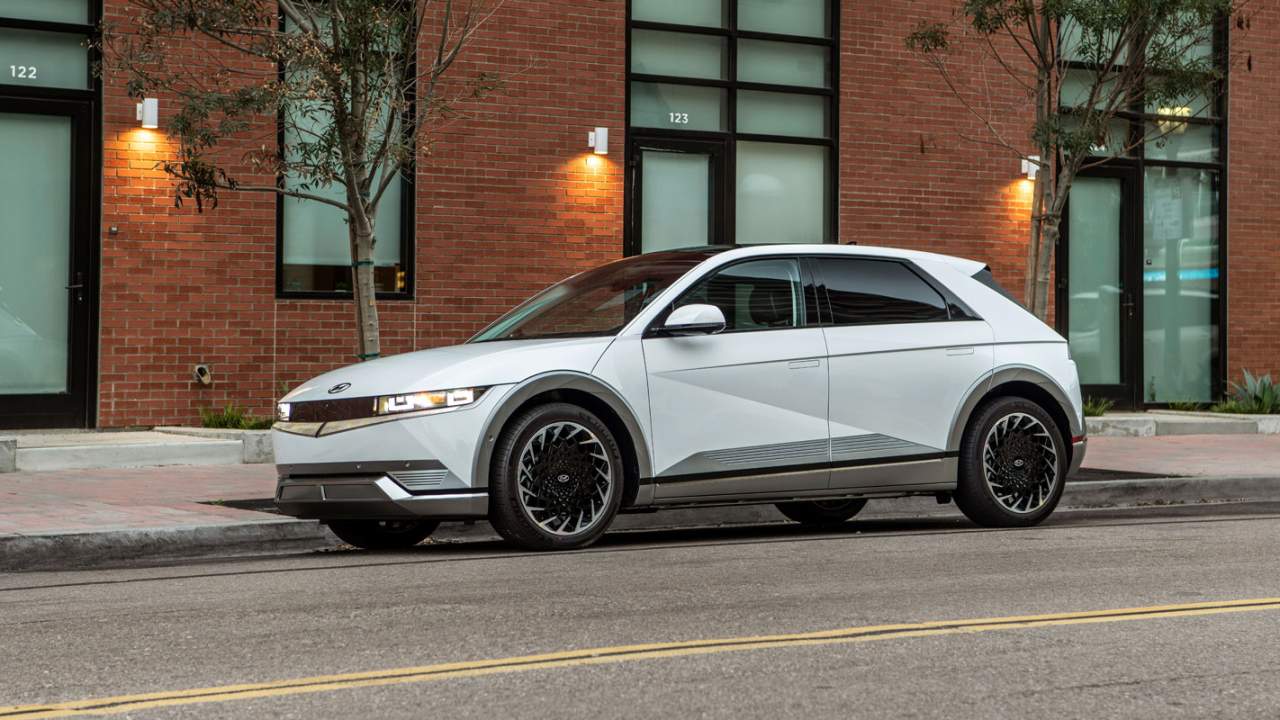Hyundai leaving combustion engines as it moves towards EVs
Automotive manufacturers worldwide are beginning a transition that will see the end of combustion-engine vehicles and the dawn of the pure electric vehicle era. As part of that transition for Korean automotive manufacturer Hyundai, it has confirmed that it will end the development of any new combustion engines. By ending the development of combustion engines, the company will accelerate its move towards being an EV-only manufacturer.
The Korea Economic Daily cites sources who claim Hyundai Motor Co shuttered its combustion-engine research and development center on December 23. About 12,000 employees worked in that division. Becoming a pure electric vehicle manufacturer is a big change for Hyundai as most of its vehicles today utilize traditional combustion engines.
Hyundai has been developing its combustion engines since 1983. The first engine produced exclusively by Hyundai debuted in 1991 and was known as Alpha. The automaker credits developing its own engines with helping it to rise from a little-known company to one of the top five automotive manufacturers in the world.
While it’s unclear if any of the 12,000 employees working in the engine development division were let go due to the transition, the automaker said that teams focusing on powertrain development would be transitioned to electric systems development. However, some engine development specialists will continue to modify existing engines. Hyundai, like most automakers, is still several years from completing its electric vehicle transition.
As part of the transition to an electric vehicle manufacturer, the existing powertrain system development centers are being converted to electrification test centers. Hyundai operated a powertrain performance development center, which is transitioning to an electrification performance development center. Automotive fans have found over the years since the first electric vehicles debuted that EVs can have significantly better performance than an internal combustion engine vehicle. That improved performance is thanks in large part to the ability of electric motors to produce 100 percent of their torque as soon as you step on the throttle.
Another major component of the Hyundai EV transition plan is establishing a new battery development center. Batteries are the most critical component of an electric vehicle, and significant amounts of money and research effort are invested into improving batteries. One significant differentiating factor between brands is the electric driving range, and improving battery technology is critical to that. Hyundai intends to transition to electric vehicle development only as quickly as possible.



